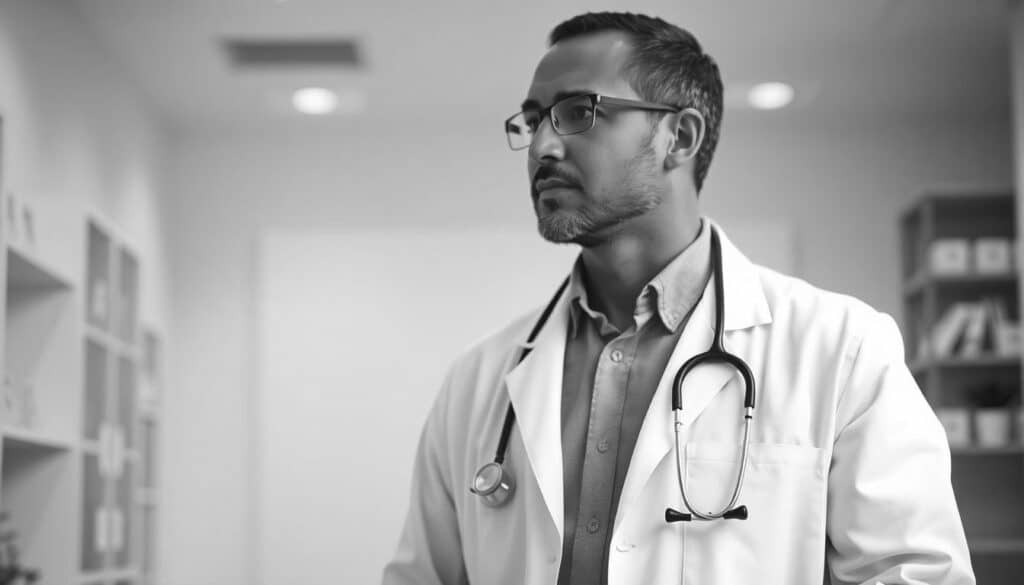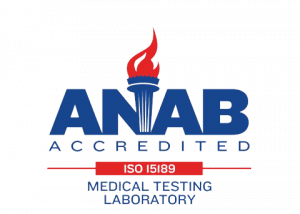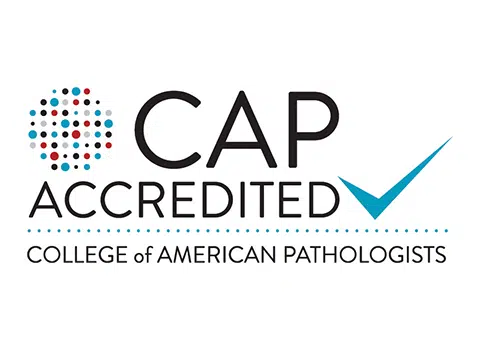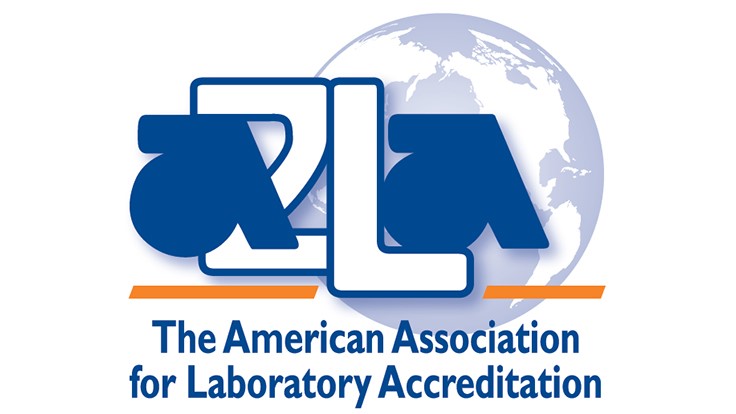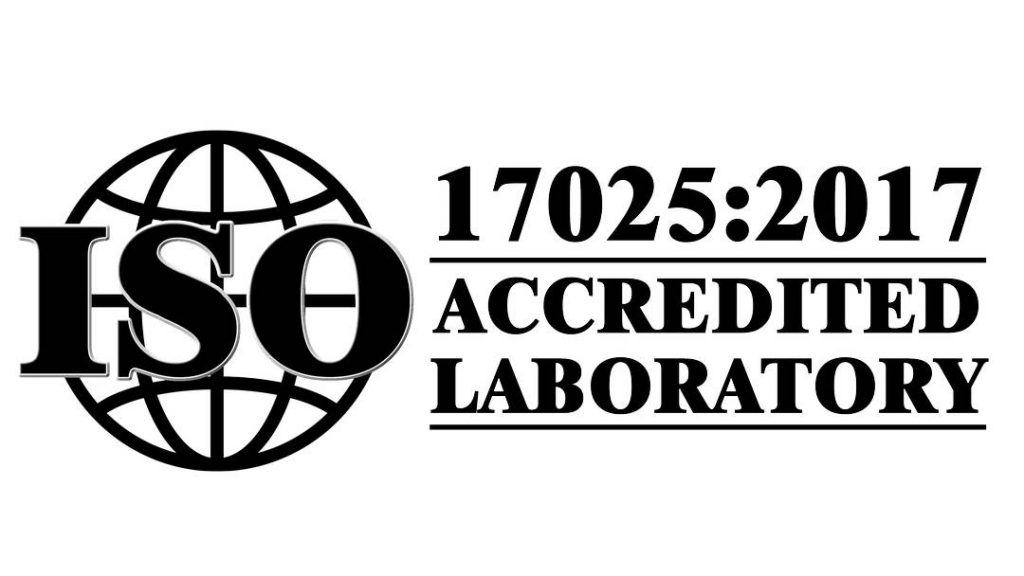DNA testing has become a game-changer in various aspects of our lives, from health to family connections. It allows us to uncover vital information about our genetic makeup, which can lead to better health choices and stronger family ties. In this article, we’ll explore the positive effects of DNA testing and how it can benefit individuals and families alike.
Table of Contents
ToggleKey Takeaways
- DNA testing helps identify genetic conditions and assess potential health risks.
- It strengthens family bonds through paternity testing and ancestry exploration.
- Individuals can make informed health decisions based on their genetic information.
Enhancing Medical Understanding

DNA testing has really changed the game when it comes to understanding our health. It’s not just about finding out where your ancestors came from anymore; it’s about getting a clearer picture of what’s going on inside our bodies and what might be coming down the road. We’re talking about some serious stuff that can really make a difference in how we live our lives.
Identifying Genetic Conditions
One of the biggest ways DNA testing helps is by pinpointing genetic conditions. We can now identify genes linked to diseases like cystic fibrosis, Huntington’s, and sickle cell anemia. It’s pretty amazing. This means we can get a diagnosis way earlier than before, sometimes even before symptoms show up. Early detection can lead to better management and treatment options, which can make a huge difference in someone’s life. Plus, it helps families understand their risks and make informed decisions about having kids. For example, cascade genetic testing can help identify carriers within a family.
Assessing Disease Risk
Beyond just identifying existing conditions, DNA testing can also tell us about our risk for developing certain diseases later in life. We’re talking about things like heart disease, Alzheimer’s, and some types of cancer. Knowing this information isn’t a crystal ball, but it does give us a heads-up. We can then make lifestyle changes, like eating healthier or exercising more, to try and lower our risk. Or, we can get screened more often so if something does develop, we catch it early when it’s easier to treat. It’s all about being proactive and taking control of our health.
It’s important to remember that genetic testing isn’t perfect. It can tell you about risks, but it doesn’t guarantee anything. Genes are just one piece of the puzzle, and lifestyle and environment also play a big role in our health. So, while DNA testing can be a powerful tool, it’s not the whole story.
Strengthening Family Connections

DNA testing isn’t just about health; it’s also a powerful tool for understanding and strengthening our family bonds. It can confirm relationships, uncover ancestry, and even help us connect with relatives we never knew existed. It’s like piecing together a family puzzle, one DNA strand at a time.
Paternity Testing
Paternity testing is probably the most well-known application. It provides definitive answers about biological fatherhood. This can be incredibly important for legal reasons, like child support or custody, but also for personal peace of mind. We’ve seen firsthand how resolving questions of paternity can bring families closer or, at least, provide a solid foundation for moving forward. It’s about establishing truth and clarity in family relationships. Keep in mind that autosomal DNA tests can be misinterpreted.
Ancestry Insights
Beyond immediate family, DNA tests can unlock the secrets of our ancestry. It’s fascinating to trace our origins back hundreds or even thousands of years, discovering where our ancestors came from and how they lived.
Here’s what we’ve learned from exploring our ancestry:
Discovering ethnic origins we never knew we had.
Connecting with distant relatives across the globe.
Understanding migration patterns of our ancestors.
Learning about our heritage has given us a greater appreciation for our family history and a stronger sense of identity. It’s like adding color and depth to a black-and-white photograph.
It’s more than just names and dates; it’s about understanding the journey that shaped us. We can even use this information to plan trips to our ancestral homelands, experiencing our heritage firsthand. It’s a journey of self-discovery, connecting us to something bigger than ourselves.
Empowering Personal Health Decisions

DNA testing isn’t just about finding out where your ancestors came from or identifying potential genetic risks. It’s also about giving us the tools to make smarter choices about our health, every single day. We’re not just passive recipients of our genetic code; we can use this information to take control and live healthier, more fulfilling lives. It’s like having a personalized instruction manual for our bodies.
Informed Lifestyle Choices
Understanding our genetic predispositions can guide us toward making better lifestyle choices. For example, if we discover we have a higher risk for heart disease, we might be more motivated to adopt a heart-healthy diet and exercise regularly. It’s about using knowledge to our advantage. We can also use the information to guide our fitness routines. Some of us might be better suited for endurance activities, while others might excel at strength training. It’s all about finding what works best for our unique genetic makeup.
Preventive Healthcare Strategies
DNA testing can also help us develop more effective preventive healthcare strategies. If we know we’re at risk for certain types of cancer, we can start screening earlier and more frequently. This can lead to earlier detection and treatment, which can significantly improve our chances of survival. We can discuss our results with healthcare providers and schedule genetic counseling to create personalized plans. It’s about being proactive and taking steps to protect our health before problems arise.
DNA testing is not a crystal ball, but it can provide valuable insights into our health. It’s important to remember that our genes are not our destiny. We can still make choices that can override our genetic predispositions and improve our overall health. It’s about using the information to make informed decisions and take control of our well-being.
Here are some ways we can use DNA testing for preventive healthcare:
- Personalized medication selection
- Targeted screening schedules
- Proactive risk reduction strategies
Making choices about your health can be tough, but you don’t have to do it alone. We believe in giving you the tools and information you need to make the best decisions for yourself. Visit our website today to learn more about how we can help you take charge of your health!
Wrapping It Up
In conclusion, DNA testing has a lot of upsides. It can help people learn about their health risks, find out about family connections, and even solve mysteries about their ancestry. For many, it’s a way to get answers that can lead to better health decisions or reconnect with long-lost relatives. Sure, there are some concerns and limitations, but the benefits often outweigh the negatives. Whether you’re curious about your roots or want to understand your health better, DNA testing can be a powerful tool. Just remember to approach it with an open mind and a bit of caution.
Frequently Asked Questions
What is DNA testing?
DNA testing is a way to look at your genes to see if there are any changes that might cause health issues. It can help find out if you have a genetic condition or if you might get one in the future.
How can DNA testing help with my health?
DNA testing can give you important information about your health. It can help you understand if you are at risk for certain diseases, which can help you make better choices about your lifestyle and healthcare.
Is DNA testing accurate?
Yes, DNA tests are generally accurate. They are done in labs that follow strict rules to make sure the tests are reliable. However, it’s important to talk to a healthcare provider about what the results mean.


